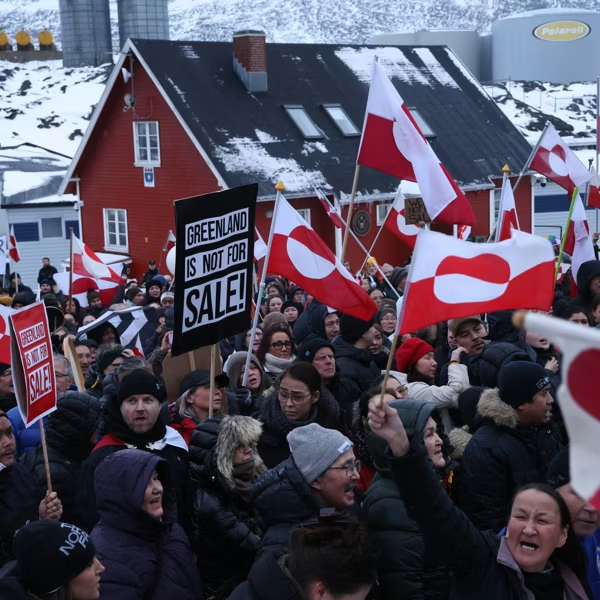At the Earth Summit in Rio de Janeiro in 1992, United Nations Framework Convention on Climate Change (UNFCC) marked the first international treaty to address the reduction of greenhouse gas emissions by nation states to attempt to avert the impending disaster of global climate change. By December 1997, the UNFCC was expanded into the Kyoto Protocol which set legally binding emissions reductions targets; however the protocol was not implemented until 2005. In the meantime, the United States signed on to the protocol but never ratified it in Congress. Furthermore, many if not most nations, particularly the most-developed, including the U.S., failed to meet emission reduction goals and/or withdrew from the protocol.
In December of 2015, the UN held their annual climate change conference in Paris, France to assess the progress on international greenhouse gas emission reductions, as well as update the Kyoto Protocol. During this conference, a new accord, known as the Paris Agreement, was laid out describing non-binding emission reduction pledges specific to particular nations. As the Kyoto Protocol had expired in 2012, the Paris Agreement set forth a new framework for individual country emission targets, in addition to financial aid and assistance to developing nations in order to help them achieve sustainable growth - i.e., alleviate poverty without compromising environmental concerns. President Barack Obama signed the United States on to the Paris Agreement on Earth Day 2016.
"The Paris Agreement, while an important superficial pledge, was never the saving grace for humanity's battle against climate change."
As we all know, as of June 1, 2017, Donald Trump has withdrawn the United States from the Paris Agreement. Yes, this is a symbolic travesty befitting all of the other travesties emblematic of his entire presidency thus far. But beyond the symbolism, does it really matter?
The Paris Agreement is symbolic in itself. It is completely voluntary and non-binding; there are no repercussions for not achieving emissions plans nor for not providing the financial contributions set forth in the accord. As of the end of Obama's term in office, the U.S. was already destined to miss its emission reduction targets.
Noted climatologist James Hansen suggested that an atmospheric carbon dioxide (CO2) concentration exceeding 350 parts per million (ppm) would imperil planetary climate stability, unleashing innumerable, highly predicted, environmental, ecological, and public health effects. Carbon dioxide is the second most abundant (behind water vapor) and most discussed greenhouse gas because of its exponentially increasing concentrations since the manmade industrial revolution commenced. In April of this year, the atmospheric CO2 concentration reached 410 ppm. Clearly, all of our UN climate change treaties have been woefully insufficient.
Ten years ago in graduate school I studied the appraisals and predictions outlined in the reports by the international scientific body known as the Intergovernmental Panel on Climate Change (IPCC). As a scientist, I also know how conservative scientific risk assessments tend to be. The future scenarios ranged from, in plain terms, a best-case scenario based on sustainable economic growth and environmental protections, to a business-as-usual scenario, to a worst-case scenario based on unabated economic growth with little to no regard for environmental sustainability. Not at all surprisingly, the world has already exceeded even the worst-case scenario of emissions and effects predicted by the IPCC.
Before Trump's decision was announced late Thursday afternoon, NPR's pundits on Morning Edition made mention that corporations and industries were already prepared for the Paris Agreement and had made plans for energy reduction in accordance with its goals. "What would become of these plans now?" asked the pundits. They also noted that international industries were already altering production to adhere to the strict environmental agreements by other nations. What would these industries do, since the U.S. would now have no such strict environmental protocols? Well, the obvious answer not stated by the journalists is that all such future plans for greater environmental protections and reduced fossil fuel use should remain in place, accord or no accord.
The fact is that the majority of the American public did not even know about the catastrophe of global climate change until Al Gore's Inconvenient Truth documentary in 2006. By that time, all treaties pertaining to reducing fossil fuel consumption and greenhouse gas emissions were decades too late. The 2015 Paris Agreement was horrendously overdue, and because it is non-binding, no nation that signed it is truly obligated to do anything at all. Indeed, if history is any indication, few nations even will.
Yet, just because we are not legally obligated does not mean we are not morally obligated to tackle climate change. We need to do anything and everything we have planned AND FAR MORE. Any industry, corporation, state, city, local municipality, and individual needs to do all that is possible to reduce energy use, reduce consumption, and reduce waste. All of that is probably not enough, but it is a good start. Moreover, we need to aid the most poor and vulnerable among us who are in no position to conquer climate change when their basic necessities of life are not met. None of our actions need be predicated on a non-binding international treaty. If the United States wants to be the moral arbiter of humanity that it always claims to be, if its citizens care about the future of the human species (and other species) on the planet, if we cannot rely on a federal mandate, they we can create mandates ourselves. The Paris Agreement, while an important superficial pledge, was never the saving grace for humanity's battle against climate change. The withdrawal of the U.S. and the failure of the current executive branch of U.S. government does not prohibit meaningful action. We already know that Trump and his administration do not care about anything but themselves and their own financial success. They have no moral or ethical compass. The question now is, do the rest of us?



